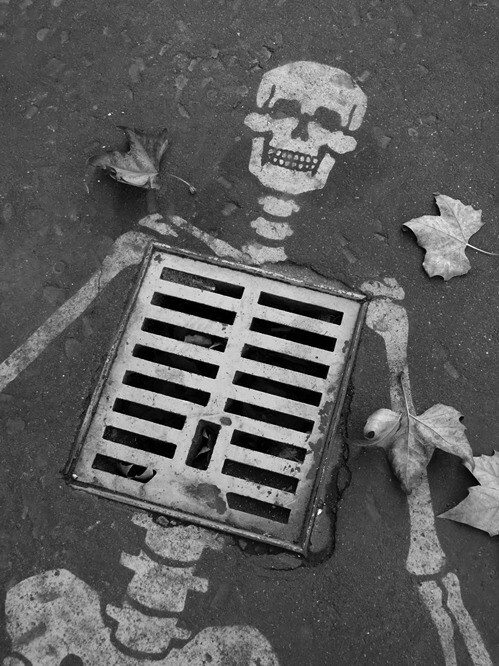
Ally, without them spaces like this here would be unusable and full of spam.

In most of the places I exist, I think of them like janitors. Doing appreciated, but not-very-fun work, to keep communities moving.
Honestly, if I was in a place with moderators that felt like adversaries, I might not stick around very long.

I think they spend a lot of their time holding back a wall of crap from falling on all of us. Unmoderated forums are so bad.

None of these online communities would exist without them. They do a lot of work for free so that we can enjoy them.
It’s easy as a user to say they are being heavy handed or whatever but without them it would be nothing but spam and ads. If they have to do things that seem unreasonable to make their jobs easier I don’t have a problem with it.
That said they are obviously just humans and some of them suck. This usually sorts itself out by either a community dieing or them being kicked off.

They’re necessary, but any power will always bring a chance that someone will abuse it. So I usually prefer moderators with a lighter touch, that talk to their users before taking more controversial actions.

I’m biased because I mod some large subs, but I’d say 95% of the time I see them as an ally.
Having seen behind the curtains, I’m glad they clean things up to keep the stage nice for me. You’d be shocked by the shit we see before it gets removed.
That said, that 5%-20% of mods that suck really suck.

Exactly. I’m a mod in a few subreddits, the biggest of which is /r/Showerthoughts. People don’t notice our existence unless we interact with them directly, and you rarely interact with users unless to ban them or to remove their content. So it is expected to be hated.

They are an ally (that we sometimes dislike). The web would be too toxic for most without moderation.

They’re just random people. Sometimes they take their power a little too seriously and overstep their bounds. It’s all up to the individual mod.

No way of generalizing. Actions speak in this matter.
If you’re clearly communicating about rules and applying reason in enforcing them, ally.
If you wield the BAN HAMMER with furious vengance and abuse your power, adversary.

There’s no single uniform answer because they’re people and unique. I’ve dealt with some powertripping gross mods who only use their positions to further the benefits to them and their friends. I’ve also had selfless, kind mods who take hits in order to further their communities. Most are somewhere in between. When I’ve been a mod, I’ve not been a saint, but I’ve also not tried to actively create harm.

It depends how vague or precise the rules are. If the rules are clearly defined, and the mods are applying those rules evenly then they’re an ally as they keep the community to a sane level for everyone else.
It’s when they start applying the rules unevenly or as if the rules don’t apply to them that they become an adversary.
It’s not always easy though, because they’ll something encounter participants that are acting in bad faith but withing the rules. Those can be frustrating for a moderator, but then it’s a good way to see if they’re following the rules or their emotions.
- Fizz ( @Fizz@lemmy.nz ) English4•1 year ago
They need to exist but I don’t like them because I’m only reminded of their existence when they’re removing or Banning stuff.

They can be both. Unfortunately human beings tend to be very tribal and subjective. Therefore my opinion is that they can be some mixture of both depending on the subject matter and how impassioned the moderator chooses to be.

Allies, particularly here on Beehaw. Maintaining a positive atmosphere isn’t easy, and they’ve made several posts about their philosophy. It’s something they put a LOT of thought into.
My default opinion of fediverse mods is that they’re allies, unless they prove otherwise.
I wouldn’t put up with adversarial mods. I’m just a casual user, and there are too many instances to choose from. I’m not gonna tolerate that crap. This isn’t reddit.

I think that the whole world doesn’t need to be divided up into little “with us or against us” wars like this; there’s nuance to be had, like in every other situation.
Some mods are good and only want what’s best for their community, and some mods are bad and are power hungry control freaks.
Mods are people, same as the rest of us. Often they’re valued members of the community before they’re given the position.
Do I think that the job needs to exist? Absolutely. Good, bad, or otherwise, they do a lot of work to protect us from the tidal wave of crap that comes in, whether it’s bots, scammers, trolls, hate advocats, etc., and I’m thankful that it’s not me who needs to deal with all of that.
TL;DR: Mods do important work, but they’re also people, and not everything has to be an “us VS. them” situation.

